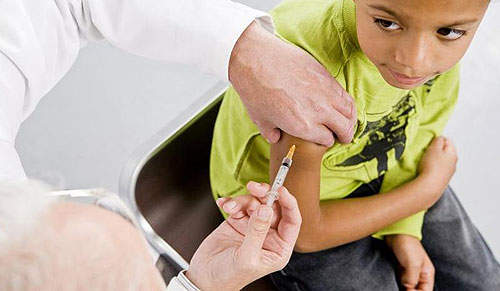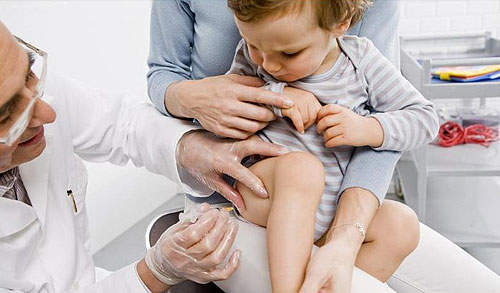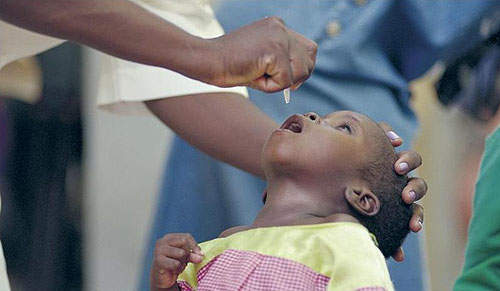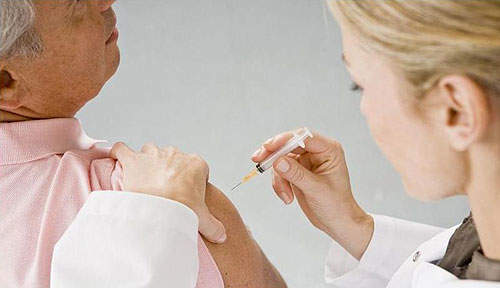Menactra vaccine is developed and manufactured by Sanofi Pasteur, the vaccines division of the Sanofi Aventis Group. The vaccine is indicated for active immunisation against invasive meningococcal disease (IMD) caused by Neisseria meningitidis N meningitidis) serogroups A, C, Y and W-135.
In 2005, Sanofi Pasteur received approval for Menactra from the US FDA as the first meningococcal conjugate vaccine for immunisation against IMD caused by N meningitidis serogroups A, C, Y and W-135 in people aged between 11 and 55 years. In 2007, the age indication was expanded to include children aged in the two to ten years bracket.
In April 2011, the vaccine was further approved by the FDA against meningococcal disease for infants of nine to 23 months.
In Canada, Menactra was licensed for people in the two to 55 years age group in 2007. Sanofi Pasteur continues to expand the licensure of Menactra around the world.
Licensure was granted by the Gulf Cooperation Council States of Saudi Arabia, Kuwait and UAE, Argentina, Bolivia, Colombia, Costa Rica, Georgia, Guatemala, Malaysia, Peru, Philippines and Singapore.
Invasive meningococcal disease
IMD is a type of bacterial infection caused by N meningitidis bacterium. It can lead to swelling of the brain and / or spinal cord, or a blood infection. The disease is contagious and hard to recognise in the early stages.
According to the World Health Organisation, N meningitidis causes more than 500,000 cases of disease and 50,000 deaths worldwide annually. The incidence of the disease is found more in infants and adolescents, with the highest attack rates in infants three to 12 months old.
Menactra clinical trials
Sanofi Pasteur has conducted over 20 phase IIb and phase III clinical studies evaluating Menactra in infants (9-23 months), children (2-10 years), adolescents (11-18 years) and adults (18-55 years).
The FDA’s decision to license the Menactra vaccine for adolescents and adults was based on safety and immunogenicity data from six pivotal studies, which included over 7,500 adolescents and adults who took the vaccine. The vaccine induced the production of bactericidal antibodies specific to the capsular polysaccharides of the four serogroups found in the vaccine.
All vaccine immunogenicity measurements demonstrated strong immune responses to a single dose of the Menactra vaccine that were equivalent to a single dose of Sanofi Pasteur’s Menomune®-A / C /Y/ W-135.
The FDA’s decision to license Menactra vaccine for children in the 2-10 age group was based on safety and immunogenicity data from two large clinical studies (more than 2,400 children enrolled to receive the Menactra vaccine).
Both studies were randomised, multi-centre, active-controlled, modified double-blind clinical studies comparing the safety and immunogenicity of the Menactra vaccine with the Menomune vaccine.
The recent FDA approval for Menactra for infants aged nine to 23 months was based on one phase II and three phase III clinical trials. The clinical studies enrolled more than 3,300 infants in the US alone and administered the Menactra vaccine using a two-dose schedule in infants aged nine months.
The results showed that two doses of Menactra vaccine given three months apart elicit a robust immune response against the serogroups included in the vaccine. The vaccine-related reactions included tenderness at injection site, swelling and irritability.






